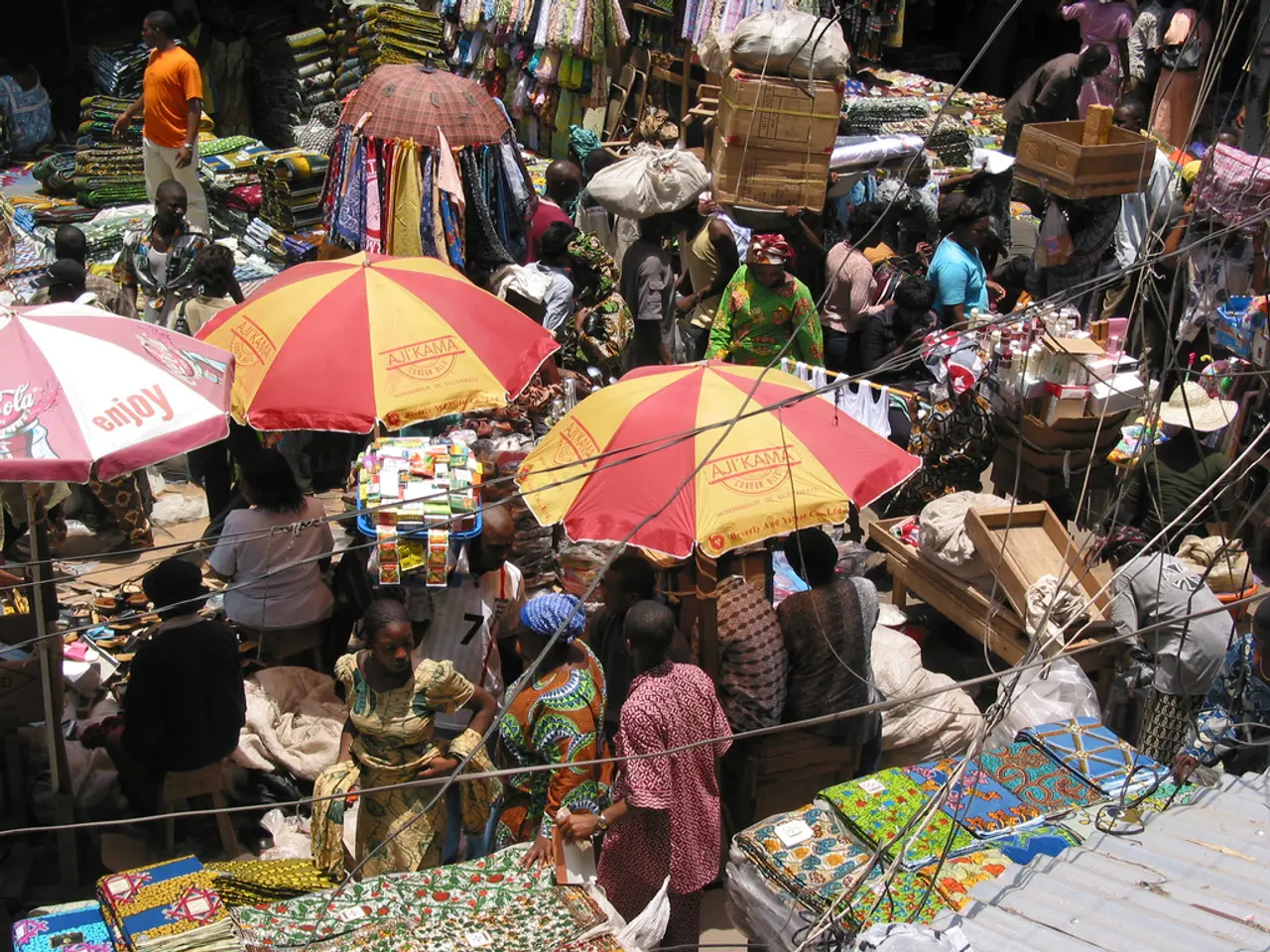Financial performance in the Asian-Pacific gaming sector is robust, according to the report.
The latest UBS Global Wealth Report 2025 has highlighted several Asia-Pacific (APAC) economies with regulated gaming sectors as prominent players in the world's wealth-generating markets. These countries, including Hong Kong, Australia, Singapore, South Korea, and Japan, have shown strong positions in the wealth rankings, suggesting that the presence of established and regulated gaming industries positively contributes to their overall economic resilience and wealth accumulation.
Hong Kong, with regulated sports betting and a state-run lottery, ranks third globally in average wealth per adult (AWPD) at $601,195. Australia follows closely behind in fifth place with $516,640 AWPD. Singapore has risen to seventh place with $441,596 AWPD. Taiwan and South Korea have also demonstrated upward wealth trends, with Taiwan ranking 15th in median adult wealth ($312,075) and 17th in median wealth ($114,871), and South Korea ranking 20th in both median adult wealth ($251,223) and median wealth ($104,067). Japan, while slipping slightly, remains within the top 25 with a median adult wealth of $205,221 and median wealth of $102,198.
The report does not isolate the gaming sector’s direct contribution to wealth but underscores that diverse economic activities including regulated gaming play a role in wealth creation. APAC's family wealth increased by 1.6%, and total personal wealth in dollars grew by 2.85% in 2024. Singapore ranks 7th in median adult wealth ($441,596) and 18th in median wealth ($113,976), while Taiwan recorded real growth of nearly 13% in median adult wealth in local currency - the second highest in the world.
The region's economic growth is not limited to the gaming sector. The report evaluates wealth creation and distribution across over 50 markets using metrics like total personal wealth, average wealth per adult, and median wealth. In 2024, South Korea is estimated to have between 1.2 and 1.4 million millionaires, and Taiwan has around 760,000 millionaires. Japan has 2.73 million millionaires, the fourth largest absolute number in the world.
Japan legalized integrated resorts in 2018, and Osaka is currently developing its first officially licensed casino. Macau, a major gaming hub, also shows a strong casino sector rebound with increasing gross gaming revenue, further signalling the economic impact of regulated gaming in APAC.
In conclusion, the regulated gaming sectors in key Asia-Pacific economies are linked with their high rankings in global wealth, reflecting their positive impact on wealth generation and economic stability. However, the wealth creation is multifaceted, with gaming being one of the significant contributing factors among diverse industries within these economies.
- The report suggests that the regulated gaming sector in Hong Kong, with its state-run lottery and sports betting, may significantly contribute to its average wealth per adult, since Hong Kong ranks third globally in this category.
- Japan's legalization of integrated resorts in 2018 and the development of its first officially licensed casino in Osaka further emphasizes the potential impact of regulated gaming on a country's overall wealth and economic stability, especially considering Japan's significant number of millionaires.




